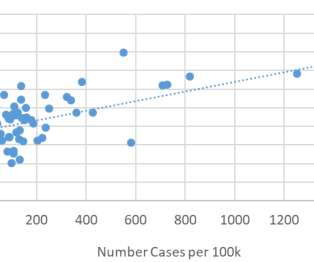US COVID-19 mitigation efforts resulting in significant decline in traffic, emissions and fuel-tax revenues
Green Car Congress
MAY 2, 2020
The authors used the VMT data to calculate that emissions of US greenhouse gas (GHG) emissions were reduced by 4% in total and by 13% from transportation in the almost 8 weeks since many stay-at-home orders went into effect. This puts the US on track to meet its annual goals for GHG reduction under the Paris Climate Accord.






















Let's personalize your content